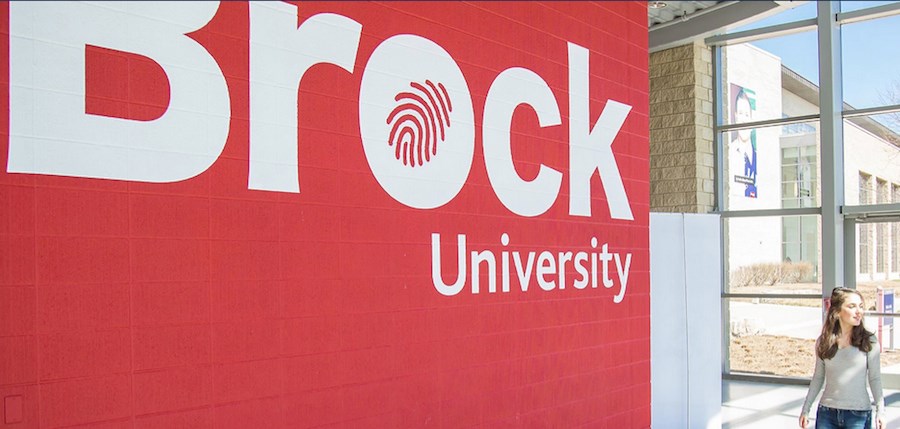NEWS RELEASE
BROCK UNIVERSITY
**********************
As consumers prepare for the final shopping blitz before the holidays, many were eagerly looking to the federal government's newly implemented GST/HST pause to help trim down their spending.
But Ernest Biktimirov, Professor of Finance in Brock University’s Goodman School of Business, says the government policy may ultimately contribute to a rise in the price of goods — and increased inflation — in the long run.
“The combination of lower interest rates and the tax break is expected to boost consumer spending, thereby supporting Canada's economic growth,” says Biktimirov. “However, these measures may also intensify inflationary pressures.”
The Tax Break for All Canadians Act came into effect on Saturday, removing taxes on items like groceries, restaurant meals, drinks, snacks, children’s clothing and gifts until Feb. 15, 2025. The policy also came on the tail of the Bank of Canada’s announcement last week that it was cutting its policy rate to 3.25 per cent.
The two measures combined were meant to “stimulate economic activity by reducing borrowing costs and encouraging both consumer spending and business investment,” Biktimirov says.
While the Bank of Canada expects the tax holiday and interest rate cut will temporarily lower inflation in January, the long-term implications may be different, Biktimirov says.
“Increased consumer spending will drive higher demand for goods, potentially exceeding supply and pushing prices upward,” he explained. “Additionally, the sudden removal of the tax may prompt retailers and restaurants to take advantage of the situation by increasing their prices.”
While this may be a well-intentioned measure of relief for Canadians at a time when expenses are typically high, Biktimirov also says “the temporary nature of the tax break suggests that any increase in spending could be short-lived, with a potential slowdown once the measures end.”
**********************



